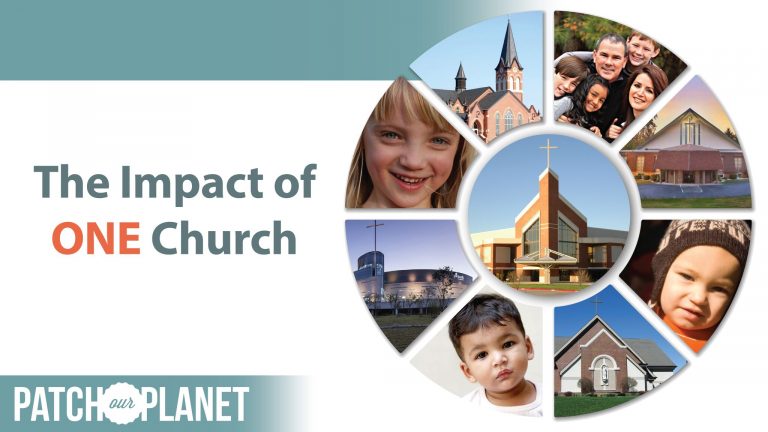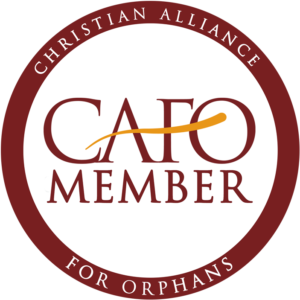 |
| Image URL: http://mrg.bz/nAH6H |
Today, I would like to offer some thoughts regarding how we think about long term global orphan work.
First, we must begin with the end in mind.
Get orphans into loving families.
The church has to be involved in educating and equipping congregations in every community in order to know and meet the needs. Our churches would do well to come alongside of our global partners and assist them in caring for their community’s orphans in their culture, in their time frame, and at their pace.
Here are a few questions that I would ask before jumping into a work overseas:
- Is it sustainable? In other words, are we working to solve local problems with local solutions or do we sacrifice sustainability for speed by bringing our own solutions in our own time frame?
- Is it reproducible? A successful model will end up helping more in the long run than a quick fix.
- Are you using best practices? Many have gone before you and their story may be a click away. Make sure you are putting your church in a position to be trained effectively in order to bring the best solutions to the forefront and speed the care.
- Is it holistic? Are you thinking about other elements that may be keeping an orphan from receiving care? For instance, is the caretaker trained in child care? Or, is the area so poor that the children are getting left behind? Are there creative ways to help the community help their own? Always.
- Do they have access to all of God’s truth? Is there a faithful local church that is willing to share God’s truth with them? Never visit an orphanage without a local indigenous church by your side!
- What is in the best interest of the child? This one question should keep us all awake at night and it should keep us focused on the end goal. In everything we do, let’s make sure this is our goal.
- What networks of churches could be brought together to assist? How may God want to use your church to help bring them together and lead by example? You don’t need to be a 20 year veteran to make a difference.
- Do you think more ‘relief’ or ‘development’? We need to think more ‘development’. This represents a long term commitment to the community instead of just one trip to bring clothes, make repairs or meet an emergency need. These two can certainly go hand in hand, and should. But, we must set our sights on long term development.
What is your best practice? What have you learned that can add value to our broader orphan care community?
Steve Gillis
Founder | Executive Director


